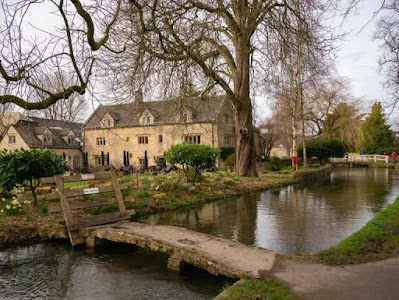01/03/2024
James Newton 1732-1790
14/11/2023
Medical References in Sermons 23
29/07/2023
Lower Slaughter
24/07/2023
Medical References in Sermons 22
References to other writers in Sermons 6
In Volume 6 of his published sermons (Short Discourses Vol 6) Beddome makes reference to these sources
John Milton (1606-1674)
Oh when will Death This mouldering old partition wall throw down
Give beings one in nature, one abode
Oh Death divine that givest us to the skies.
The man immortal, rationally brave,
Dares rush on death - because he cannot die.
6:6 Romans 5:8
Archbishop Ussher (1581-1656)
Behold the picture of earth's happiest man:
And says he call'd another; that arrives,
Meets the same welcome; yet he still calls on;
Till One calls him, who varies not his call,
But holds him fast in chains of darkness bound,
To man the bleeding cross has promised all
The bleeding cross has sworn eternal grace.
Who gave his life, what grace shall he deny?
6:8 Romans 1:6
Medical References in Sermons 21
... it became an emblem of the moral defilement of our nature, which is total and universal. No representation can teach us more effectually the necessity, of casting ourselves at the Redeemer's feet, and crying, 'Lord if thou wilt, thou canst make me clean.' Nothing short of a divine power could heal the leprosy, and nothing but this can heal the leprosy of sin. No medicine was available; the disease was hereditary and incurable. Hence when Benhadad sent his servant Naaman to the king of Israel to be healed, of his leprosy, the latter considered it as an intended insult, and indignantly replied, 'Am I God, to kill and to make alive, that this man doth send unto me to recover a man of his leprosy?' So it belongs to God only to heal the malady of the soul, and to cleanse us from all unrighteousness.
Medical References in Sermons 20
Medical References in Sermons 19
21/07/2023
Nathanael Rawlings
This memoir of Nathaniel Rawlin(g)s is from The Baptist Magazine 1810, pp 27, 28
New book here
The book by Steohen Pickles has now arrived from Osset. This blog is duly acknowledged. Beddome is a life time's interest, however, and this is only the first of two proposed volumes. Mr Pickles (who sadly I have never met) is slightly coy about luanching another biography but this is a much larger and more rambling piece that contains many things not found elsewhere. The hymns, sermons and other materials are quoted extensively and there is lots to learn. Mr Pickles is also apprehensive that people will not be happy with his take on Beddome. This, no doubt, is due to the matter of one's attitude towards Andrew Fuller. It will be interesting to see what evidence he is able to find of non-Fullerism.

















